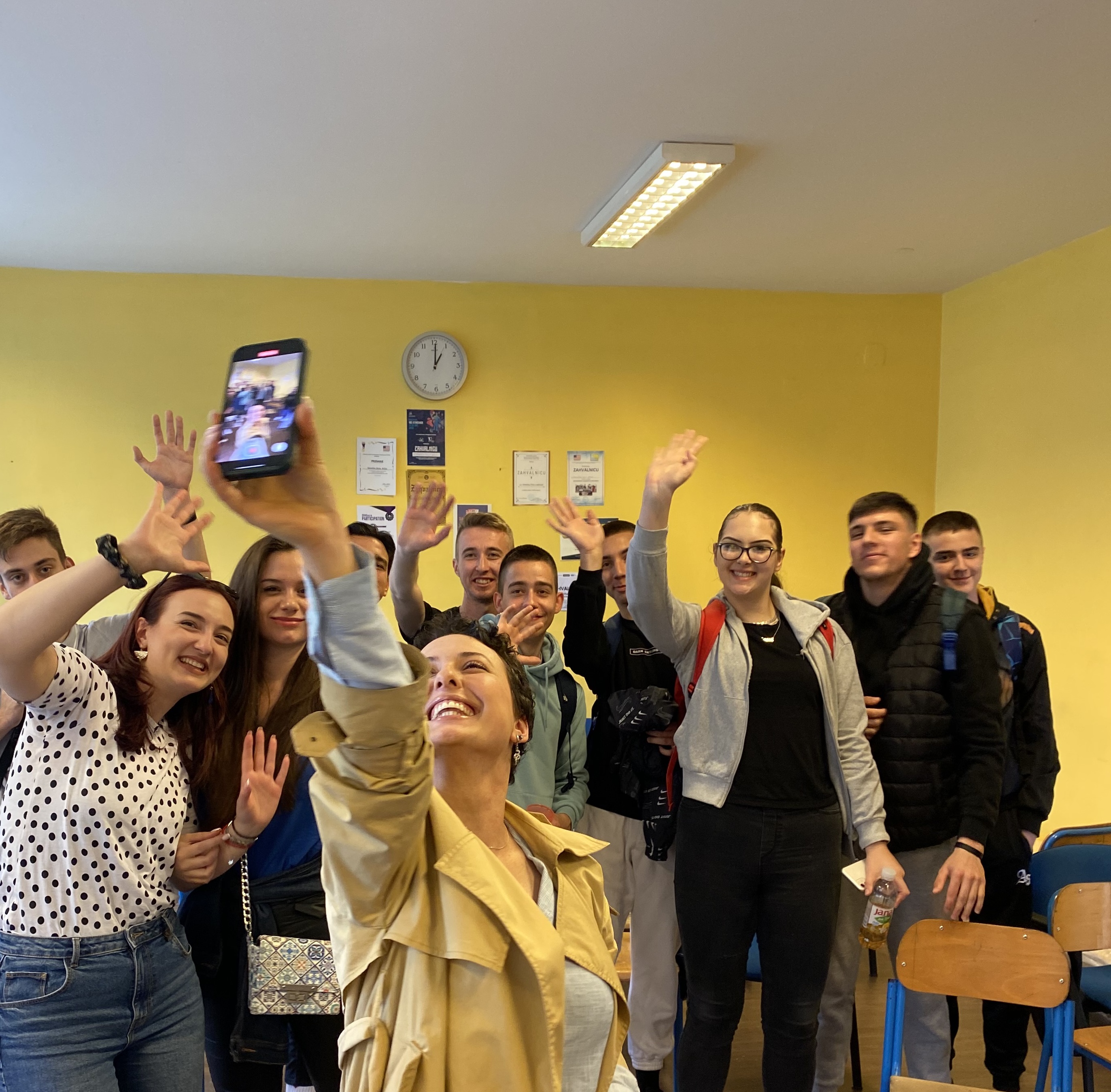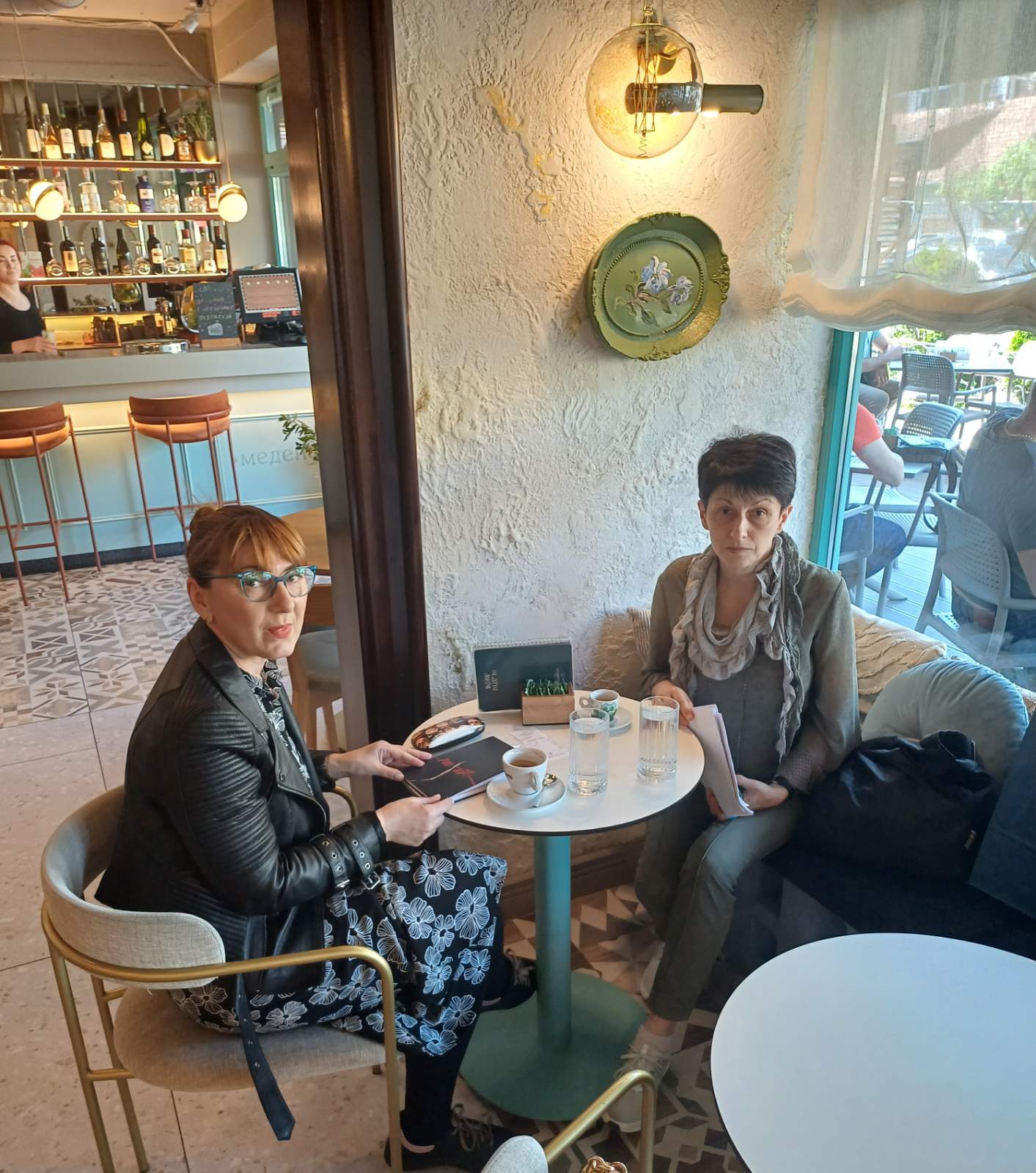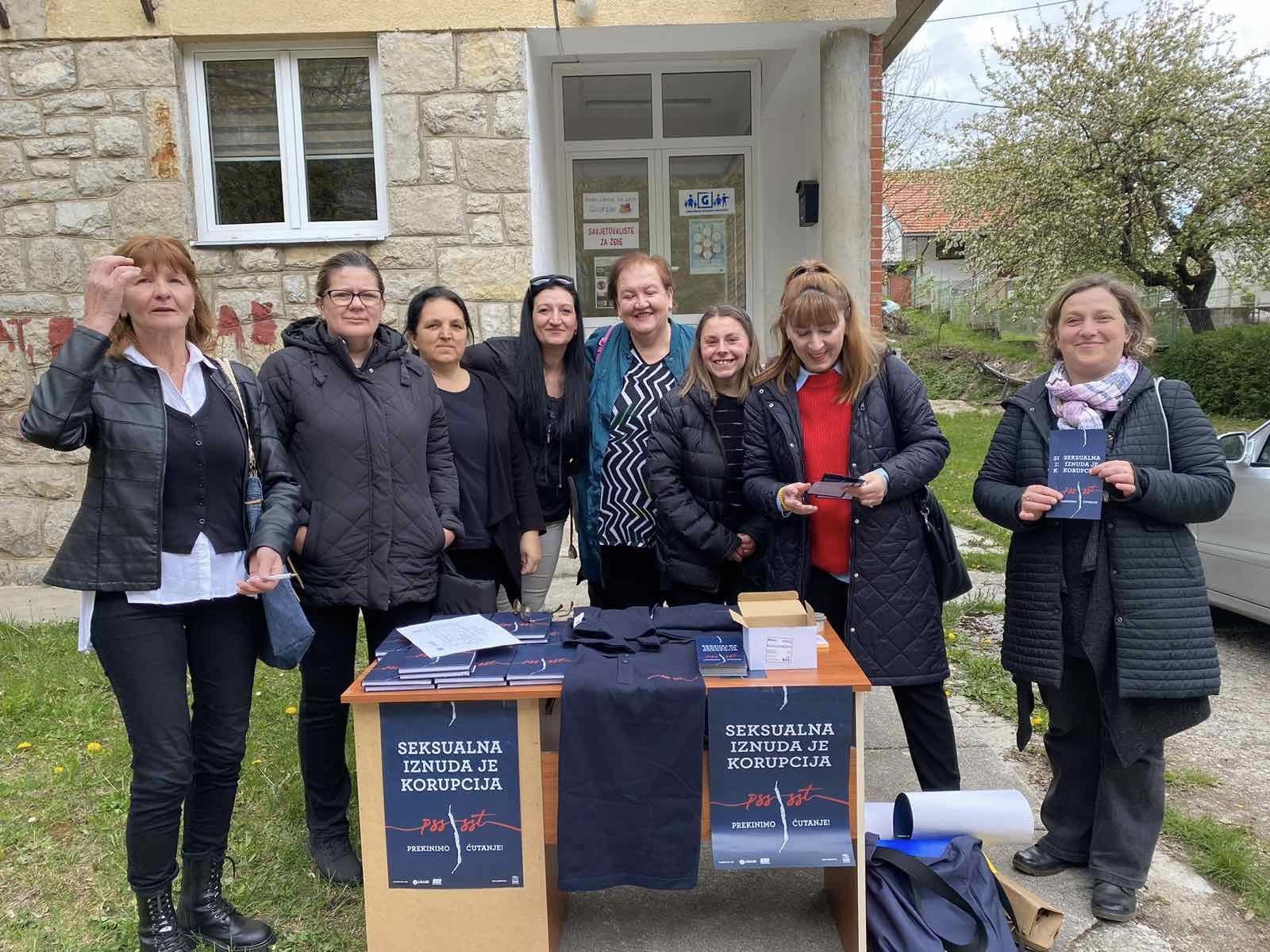As part of cooperation with journalists within project the “Citizens in the Fight against Silent Corruption”, we bring you cooperation with printed newspapers and portal Oslobođenje and a text on the topic of sexual extortion, with the title “Laws Must Protect Victims of Sexual Extortion”.
“Messages started arriving on my cell phone that it would be better for me to go out with him, that it would be easier for me at work, that I would be able to get a better position, that no one would have to know. I ignored those messages, then I got away with lying that I had a boyfriend and suffered torture at work those days, because I didn’t agree with that. I kept silent, because if I had said anything, I would have flown from work, or simply nothing would have happened”, this is part of one of the confessions published on the #nisamtrazila platform.
And there are many, especially girls and women, who are silent today.
******
Lawyer from Banja Luka Jovana Kisin Zagajac explains that sextortion represents several acts of sexual harassment, such as sexual blackmail and/or extortion, rape or inducing rape, all by taking advantage of the position of power from which the perpetrator acts, which also contains elements of corrupt activity.
Sextortion is partially recognized in several criminal acts, more of which are standardized in the RS, unlike the Criminal Code of the FBiH.
– These are the criminal offenses of sexual blackmail, rape by abuse of position, sexual harassment and misuse of photos and videos with sexually explicit content. In the FBiH, sexual intercourse through abuse of position and coercion into sexual intercourse are criminal offenses. None of the aforementioned criminal offenses explicitly defines the concept of sextortion, especially bearing in mind that acts related to rape through abuse of position in the essence contain act of rape as a mandatory consequence of someone being blamed for abuse of position in the sense of sexual blackmail. The legislation of the FBiH is particularly deficient, where there is a smaller number of prescribed punishable acts that represent a form of sexual blackmail, points out Kisin Zagajac.
She adds that sexual harassment of other workers is grounds for dismissal under the Labor Law of the RS, while this is not the case in the Labor Law of the FBiH. Nevertheless, both labor laws recognize and define acts of sexual harassment and gender discrimination.
– Although the mere definition of this term without penal provisions does not mean much in proceedings with the employer, it is important to note that the protection with prescribed misdemeanor penalties for employers is prescribed by the Law on Gender Equality, our interviewee points out and adds that our legislation distinguishes between the terms extortion, blackmail and harassment.
Only harassment has a sexual prefix in the norming of criminal offenses and that is only the case in the RS.
******
All forms of violence must be systematically opposed by developing various programs and measures for protection and prevention, by sensitizing and raising awareness. A comprehensive institutional work is needed that includes the education system, education, destigmatization of the problem and encouraging individuals to ask for help or to provide support to those who need help, the second deputy president of the Commission for Gender Equality of the House of Representatives of PABiH and a member of the Joint Commission for Human Rights of PABiH Rejhana Dervišević emphasizes for “Oslobođenje”
When it comes to the Labor Law of the FBiH, it is considered that the existing Article 9, which concerns harassment and violence at work, can be further expanded in such a way that sexual extortion is also included in paragraph (3) which defines sexual harassment, or that a completely new position that will separately define sexual extortion is added.
“I would support the initiative to consider this term, as well as the potential introduction of the term into the Criminal Code of the FBiH and the Labor Law of the FBiH,” says the outgoing Speaker of the House of Representatives of the Parliament of FBiH, Mirjana Marinković-Lepić.
From the Helsinki Citizens’ Assembly Banja Luka, which implements the campaign “Sexual Extortion is Corruption. Let’s Break the Silence!”, say that it is necessary and possible to incorporate the concept of sexual extortion into many laws, such as the law on gender equality, on the prohibition of discrimination, on work and on work in institutions of BiH, on higher education, and through anti-corruption strategies and the like.
NARS MP Đorđe Vučinić says that the Criminal Code of the RS already includes sexual extortion, with the fact that it does not mention it under the term sextortion, but that this term is found in Article 170(a) under the criminal offense of misusing photos and videos with sexually explicit content. When it comes to the act of seeking sexual services in exchange for employment or under the threat of dismissal and the like, Vučinić underlines that this is also covered by Article 168 of the Criminal Code, that is, the criminal offense of rape by abuse of position.
– With a detailed analysis and statistics of the perpetrators of the criminal act, as well as possible returnees, it would be possible to talk about the subject of prescribed punishments, whether to possibly further strengthen our criminal legislation in that direction, stresses Vučinić and adds that in this mandate, the members of the NARS did not discuss specific topic, but that he would be very happy to join the discussion or possible amendment form of action if there are changes to the existing Article 170(a) of the Criminal Code of the RS.
This activity was implemented as part of the project “Citizens in the Fight against Silent Corruption”, which is part of the wider program “Support to Citizens in the Fight against Corruption”, implemented by CCI, with the financial support of USAID. The content is the sole responsibility of the Helsinki Citizens’ Assembly Banja Luka and does not necessarily reflect the views of USAID or the United States Government.
*******
Photo: Illustration/Oslobođenje





